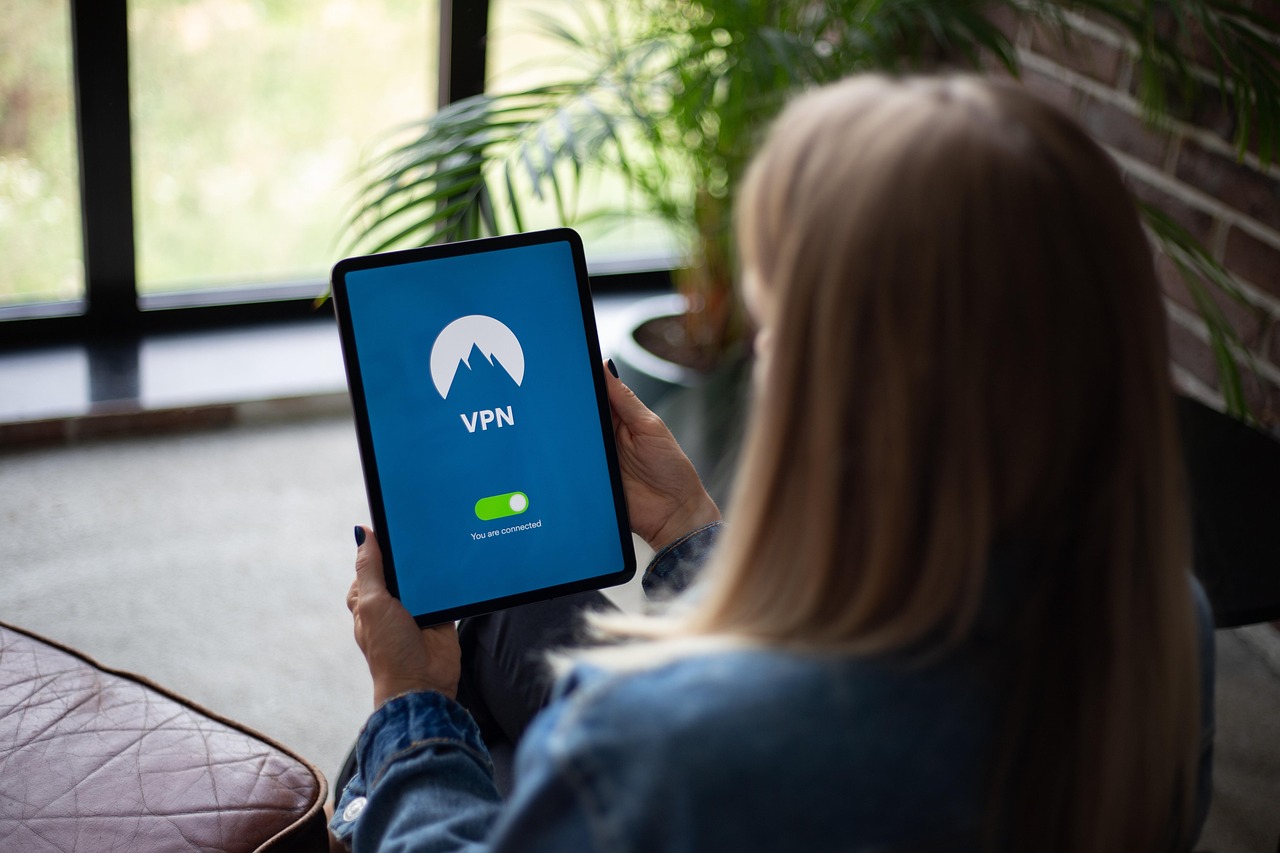Free VPN applications have become a dangerous hunting ground for cybercriminals, with a new malware operation called Klopatra demonstrating just how devastating these threats can be. Cybersecurity firm Cleafy recently issued a warning about this sophisticated banking trojan that masquerades as a legitimate VPN service, exploiting users’ growing desire for online privacy and security.
The timing couldn’t be worse. As VPN usage surges in response to age-restriction laws and growing privacy concerns, attackers have found the perfect cover for their malicious operations. What makes this threat particularly insidious is how it weaponizes users’ own security consciousness against them.
The Klopatra Threat
The malware distributes itself through an app called Mobdro Pro IP + VPN, which appears to offer both streaming capabilities and VPN protection. The name cleverly piggybacks on Mobdro, a popular IPTV application that has been taken down by Spanish authorities in the past, though the malicious VPN app appears to be completely unrelated.
Once users download and install the application, they encounter what appears to be a standard installation wizard. In reality, these steps systematically hand over complete control of the device to the attackers. The malware then exploits Android’s accessibility services to impersonate the user, infiltrate banking applications, drain accounts, and conscript the infected device into a larger botnet for additional attacks.
Cleafy estimates that approximately 3,000 devices have already been compromised and added to Klopatra’s botnet, with infections concentrated primarily in Italy and Spain. The cybersecurity firm believes the operation is run by a Turkey-based group that continues to refine its tactics and adapt to changing circumstances.
Part of a Disturbing Pattern
Klopatra represents just the latest chapter in an escalating campaign of VPN-based malware distribution. Kaspersky security researchers delivered multiple warnings throughout 2024 about the proliferation of malicious apps disguising themselves as free VPN services. Between July and September alone, users worldwide downloaded malware masquerading as VPNs 2.5 times more frequently than in the previous three months.
The list of compromised VPN brands has grown alarmingly long. According to Kaspersky, other free VPNs used as malware vectors in the past year include MaskVPN, PaladinVPN, ShineVPN, ShieldVPN, DewVPN, and ProxyGate. Security experts warn that Klopatra’s success will likely inspire imitators, creating an even more dangerous landscape for users seeking privacy protection.
A comprehensive study by Zimperium zLabs examined 800 VPN applications available for Android and iOS, uncovering widespread security and privacy failures. The research revealed that many free VPN apps employ outdated libraries, including versions of OpenSSL still vulnerable to the decade-old Heartbleed bug. Approximately 1% of the examined apps remained susceptible to man-in-the-middle attacks, while roughly 25% of iOS applications failed to provide valid privacy manifests required by Apple’s guidelines.
Excessive Permissions and Hidden Dangers
Beyond malware distribution, free VPN applications frequently request permissions far exceeding what legitimate security software requires. Some apps demand access to ‘USE_LOCAL_NETWORK’ capabilities, allowing them to map nearby devices on Wi-Fi networks—functionality more appropriate for malware than protective software. Several applications can even capture screenshots, exposing any data visible on users’ screens.
Unfortunately, Zimperium declined to publicly identify which specific VPN apps pose these risks, leaving users to navigate this treacherous landscape largely on their own. The refusal to name problematic applications, while potentially protecting companies from litigation, leaves consumers vulnerable and uninformed.
What Users Should Do
The rise in VPN-based malware demands heightened caution from anyone considering downloading these applications. App stores have proven slow to remove implicated apps, meaning traditional safeguards cannot be relied upon. Users must take responsibility for thoroughly vetting any free VPN before installation.
Security experts recommend favoring VPN providers that undergo independent security audits, maintain transparent privacy policies, and avoid requesting invasive permissions. For those seeking legitimate free options, established services like Proton VPN and hide.me offer safer alternatives backed by reputable companies and verified security practices.
The fundamental problem lies in the economics of free VPN services. Providing VPN infrastructure costs money, and when users aren’t paying with currency, they often pay with their data—or worse, their security. As Vasily Kolesnikov, Security Expert at Kaspersky, notes: “Users tend to believe that if they find a VPN app in an official store, like Google Play, it is safe. And they think it is even better if this VPN service is free! However, this often ends up being a trap”.
For organizations with bring-your-own-device policies, the stakes are even higher. Employees working remotely may install consumer-grade VPN apps on devices that also access corporate networks, potentially creating vulnerabilities that expose sensitive business data.
The Klopatra operation serves as a stark reminder that in cybersecurity, free often comes at a devastating cost. As attackers continue refining their social engineering tactics and exploiting legitimate user needs, the line between protective software and threat vector grows increasingly blurred.
Sources
Engadget - Malware apps posing as free VPNs are on the rise: https://www.engadget.com/cybersecurity/vpn/malware-apps-posing-as-free-vpns-are-on-the-rise-175629088.html
TechRadar - Hundreds of free VPN apps are not fit for purpose: https://www.techradar.com/pro/hundreds-of-free-vpn-apps-are-not-fit-for-purpose-but-sadly-we-cant-tell-you-which-ones-are-the-naughty-bunch
TechRadar - 2024 saw a surge in malicious free VPN apps: https://www.techradar.com/pro/vpn/2024-saw-a-surge-in-malicious-free-vpn-apps
Infosecurity Magazine - Free VPN Apps Found Riddled With Security Flaws: https://www.infosecurity-magazine.com/news/free-vpn-apps-security-flaws/
Malwarebytes - Fake VPN and streaming app drops malware that drains your bank account: https://www.malwarebytes.com/blog/news/2025/10/fake-vpn-and-streaming-app-drops-malware-that-drains-your-bank-account
Image - Unsplash (Cybersecurity concept): https://images.unsplash.com/photo-1550751827-4bd374c3f58b?w=1200&q=80
Photo by StefanCoders on Pixabay

